How to calculate costs of product

This time we will have a deeper look at the cost of a product or service, including all costs we can think of in general. Some costs will occur in every business and that will be the main focus.
Every bar or restaurant has multiple products which are being sold. All products should be calculated individually. A decent calculation will benefit your business. Obviously, your selling price should not be under, or the equivalent of, the total costs per product. On top comes a profit margin, whatever that might be.
It will be a lot of work to calculate this on a daily basis, so it is better to do this weekly, monthly or even yearly.
It’s pretty intensive, so pay close attention:
-
Variable costs
-
Transport
-
Staffing
-
Calculating these costs are easy since they only occur when selling a product.
-
Fixed costs
-
Rent or mortgage
-
Utilities
-
Warehousing
-
Marketing budget(if fixed, you could also use a fixed % of sales)
-
Staffing
-
Calculating fixed costs is difficult because you have to spread them across all sales.
Two ways to divide fixed costs:
-
The simple version is to just look at a certain timeframe and all your costs + the amount of products you (expect to) sell and then divide them evenly. This works particularly well for start-ups or small to medium sized businesses.
E.g. Your fixed cost are 10.000 a month, you expect to sell 1.000 items. The cost per item = 10.000 / 1.000 = 10 per item(this is on top of cost price)
-
ABC-method(Activity Based Costing) is more accounting. You calculate fixed costs and decide what % falls to which department(kitchen, office, bar). Per department you decide which % they use for a certain product you have for sale and divide costs accordingly.
How do we finally calculate our costs for a certain timeframe:
-
Take all variable costs for a specified timeframe
-
Take all fixed costs for the same specified timeframe
-
The combined(1+2) variable and fixed costs should be divided by the number of products sold
-
We now know how much each product sold will cost on top of the actual cost price which we pay to actually have it delivered by a supplier
-
The sum of both is the cost price for the product we sell
Personal note:
All this math and statistics is something I really enjoy. It gives you so much more insight and it doesn’t matter if you are an employee, manager or owner. Learning more develops you into a real professional within hospitality and makes work much more fun. At least for me it is challenging and that gives me energy.
If you are having difficulties figuring this out, don’t worry, you’re not alone. Bigger businesses cheat, they have more people sitting in an office doing nothing else all day except for cracking numbers. But it doesn’t mean you should let it slide all together, ask for help. Hire an accountant, find a Wizkid next door or just ask me by sending in a request.
Sincerely,

Den The Man




